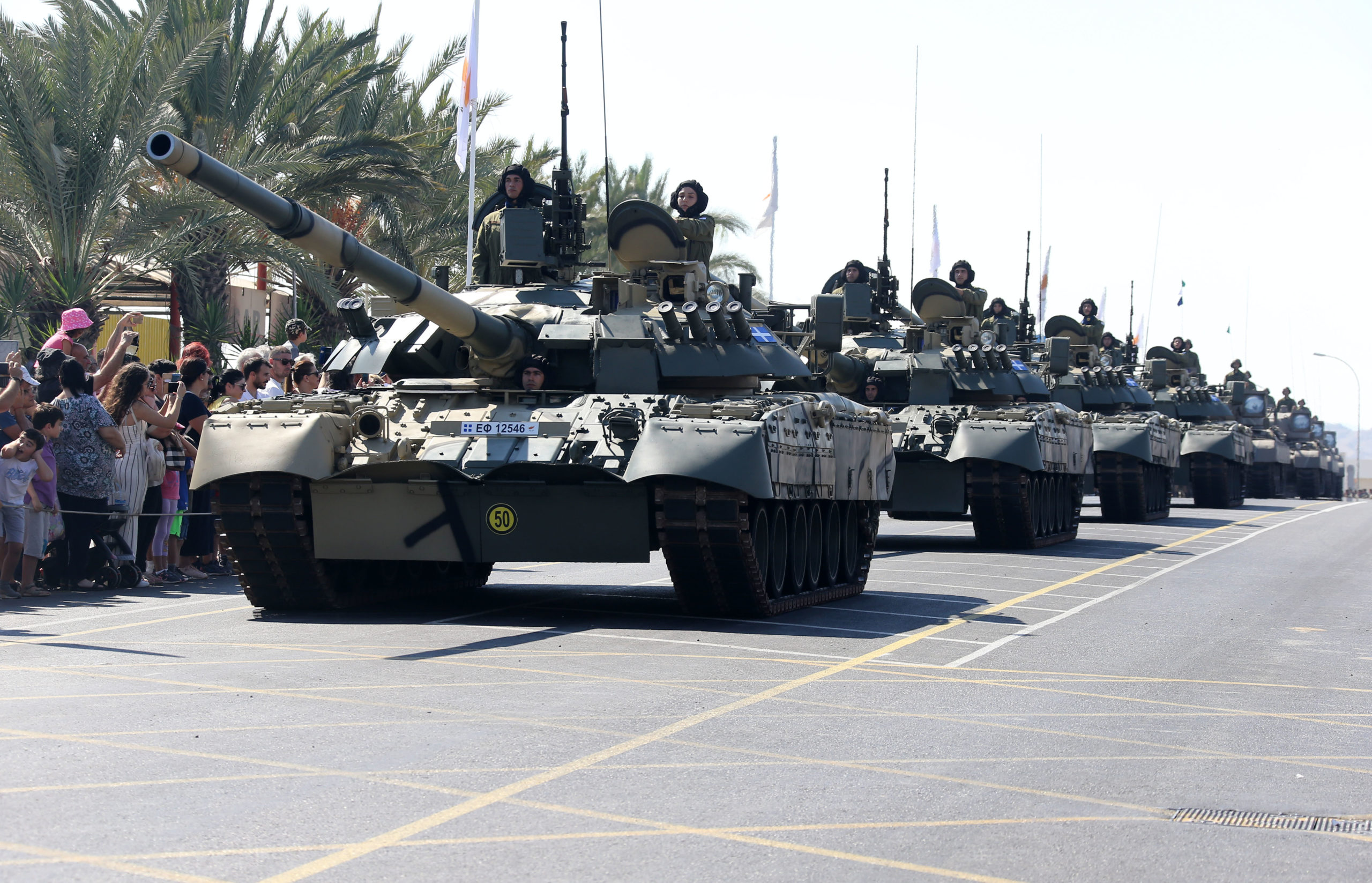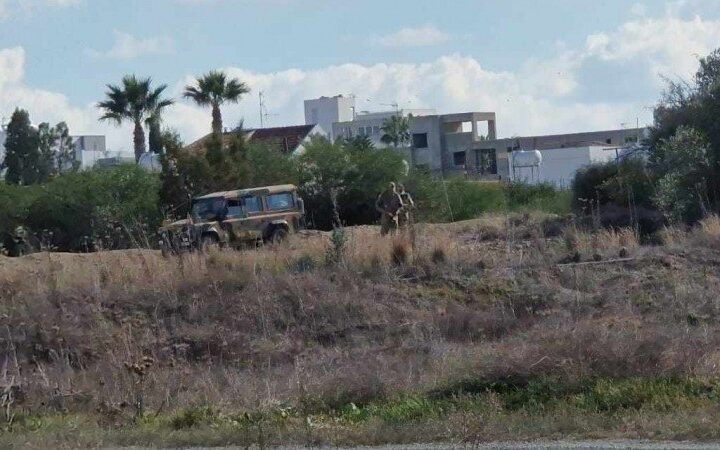The US Congress has lifted a 32-year-long arms embargo on Cyprus, defying Turkey as it seeks closer ties with Nicosia at a time of renewed regional tensions.
Turkey warned that the US moves to lift the arms embargo would undermine efforts to reunite the island and create a “dangerous escalation.”
The US decision “will have no outcome other than hampering efforts towards a settlement on the island and creating a dangerous escalation,” the Turkish foreign ministry said.
The Senate approved the measure as part of a massive defence spending bill that passed 86 to eight and already went through the House of Representatives, with President Donald Trump likely to sign it.
The United States imposed the embargo in 1987 to prevent an arms race and encourage Cyprus reunification.
Critics say the step has been counterproductive by forcing Cyprus to seek arms from Russia while Turkey, a NATO member, has over 30,000 troops stationed forces in the Turkish-held north of the island since its invasion in 1974.
Democratic Senator Robert Menendez and Republican Senator Marco Rubio spearheaded the effort to promote growing regional cooperation between Cyprus, Greece and Israel.
“With Cyprus seeking to deepen its strategic partnership with the United States, it is in our national security and economic interest to lift this outdated decades-long arms restrictions that are no longer helping US security objectives,” Menendez said after initial approval of the lifting of the embargo.
Tensions have spiked over a maritime deal between Turkey and Libya for newly discovered gas reserves in the eastern Mediterranean, overriding the boundaries of Greece and Cyprus.
Turkey also faces EU sanctions for deploying two drillships within Cyprus territorial waters.
Russian Missiles
US officials have been concerned that the ban has brought EU member Cyprus closer to Russia, with the island in 2015 signing off on an access deal to its ports.
Under the new act, the United States will still restrict certain sensitive technologies to Cyprus unless the US certifies that the island is denying Russia military vessels port access for refuelling and servicing.
In a standoff in 1997, Turkey threatened an attack on Cyprus if it went ahead with installing the advanced S-300 missile defence system from Russia. The missiles were sent to Greece instead.
The controversy is now a relic of another time, with Turkey facing the threat of sanctions for buying the S-400 system from Russia despite its NATO membership.
Representatives of Turkey and the self-styled Turkish Republic of Northern Cyprus had lobbied against the lifting of the embargo, arguing that Congress was giving the green light to an arms race.
The Act places limitations on the transfer of F-35 aircraft to Turkey due to its purchase of Russian S-400 missiles.
Congress said Turkey’s possession of the S–400 air and missile defence system adversely affects the national security of Turkey, the United States, and all members of the NATO.
The Senate is also expected to vote in favour of the bill, which must be signed by President Donald Trump by midnight on December 20.










